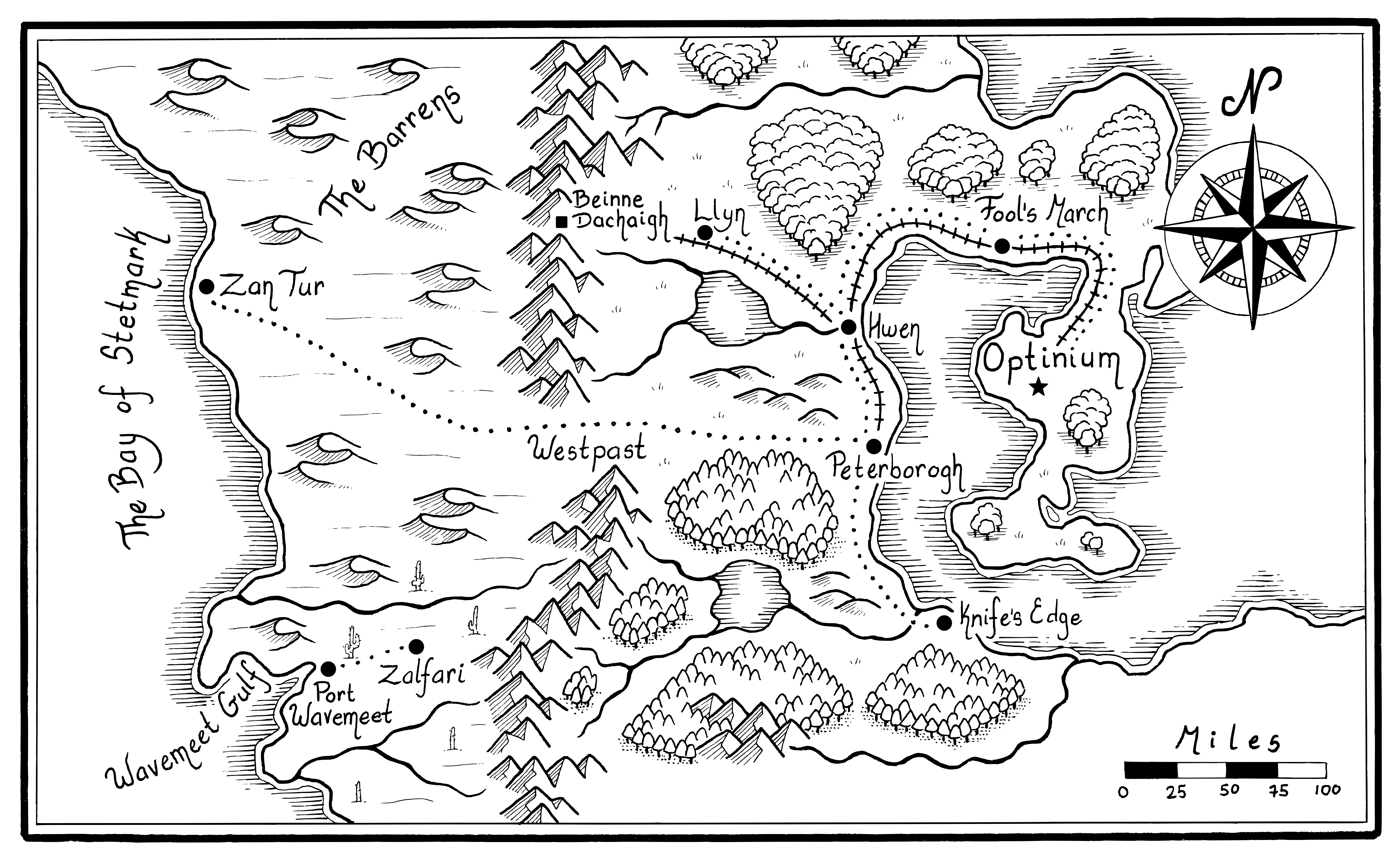The Year of Dissolution
The Year of Dissolution: A Revolution of Faith and Form
Within the chronicles of Locus, one epoch stands as a stark and transformative rupture in the established order: The Year of Dissolution. This period, marked by widespread upheaval and societal convulsion, witnessed a full-scale revolution instigated by a faction known as the Non-believers. These dissenters, questioning the legitimacy of the divinely empowered God Kings, sought to dismantle their celestial dominion, deeming their rule, born of fervent worship, as both inherently corrupt and demonstrably oppressive to the common populace of Locus.A Crucible of Blood and Upheaval
The ensuing revolution, far from a bloodless transition of power, descended into a protracted and brutal conflict, a veritable crucible wherein the very foundations of Locian society were tested by fire. The annals record casualties numbering in the hundreds of thousands, a staggering toll of mortal lives lost amidst the clash of ideologies and the brutal realities of armed rebellion. Cities, once bastions of commerce and centers of civic life, were reduced to smoldering ruins, their architectural grandeur laid low by the ravages of war.The intricate economic machinery of Locus, painstakingly constructed over generations, was thrown into disarray, its delicate mechanisms disrupted by the widespread chaos and protracted strife, leaving a continent teetering on the brink of societal collapse.
The Fall of The God Kings and the Rise of The Empire
Yet, amidst this maelstrom of destruction and societal fragmentation, a decisive resolution did, at length, emerge. The God Kings, despite their vaunted divinity and the fervent devotion of their adherents, were, in time, demonstrably overthrown.Their celestial authority, once seemingly immutable, was systematically dismantled, their divine power, reliant upon the fickle currents of mortal worship, dissolved like mist in the morning sun. The victorious Non-believers, ascendant from the ashes of revolution, moved swiftly to consolidate their hard-won gains, establishing a new governmental order upon the war-torn continent, a secular regime known henceforth as the Empire, its foundations ostensibly rooted in reason rather than reverence.
Symbology and The Inquisition: Eradicating the Divine
In a sweeping and demonstrably transformative act, the newly established Empire, guided by the Non-believer ideology, moved to systematically eradicate the very conditions that had, in their view, given rise to the now-deposed God Kings. Worship of any sentient being, deemed a perilous path to divine apotheosis and potential tyranny, was summarily proscribed, replaced by a novel and decidedly more abstract form of veneration known as "Symbol worship," or, more formally, Symbology.This novel spiritual paradigm redirected devotional fervor away from living deities and towards the contemplation of impersonal ideals or the veneration of inanimate objects and places, a calculated measure intended to foreclose the possibility of future God Kings arising from the fervent devotion of the Locian populace.
To enforce this sweeping ideological shift, and to excise any lingering vestiges of the old theocratic order, the Non-believer regime established the Inquisition, a body charged with the zealous enforcement of these new secular laws and the relentless pursuit of any remaining adherents to the God Kings, deemed, in the nascent Empire's eyes, a clear and present danger to the fragile stability of the newly established order.
Conflict Type
War



Comments